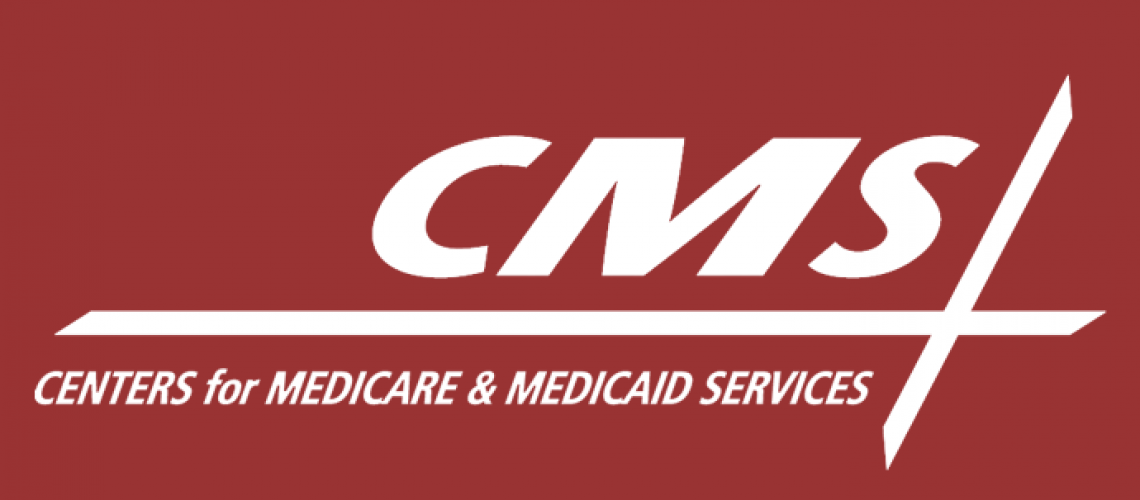CMS has raised the Medicare payment rate for certain COVID-19 antibody infusions and included a new payment policy for at-home administration, which will have a higher payment rate compared to other healthcare settings.
The rate increase was announced in a special edition of the MLN Connects newsletter on May 6th. The newsletter stated that the national average payment rate for the administration of COVID-19 antibody infusions will increase from $310 to $450 for most healthcare settings. The rate became effective that day and applies to monoclonal antibody infusions for the treatment of COVID-19.
Providers can also qualify for an even higher Medicare payment rate if they administer COVID-19 monoclonal antibody infusions in patient homes, CMS also announced in the newsletter.
A new payment policy allowing the administration of the infusions in patient homes also established a national Medicare payment rate of $750 for the service. Providers can bill for the higher payment rate when administering the infusions in a patient’s permanent residence or at temporary lodging, including hotels, motels, cruise ships, hostels, and homeless shelters.
Patients still are not subject to out-of-pocket costs when receiving an infusion in their permanent or temporary residence, as well as other settings defined by Medicare payment policy.
CMS said it increased the Medicare payment rates for the infusions to account for “increased costs associated with the one-on-one nature of this care model.” Those costs include the additional resources, such as clinical staff and personal protective equipment, needed to provide COVID-19 antibody infusions in a “safe and timely manner,” CMS stated.
“This action also means Medicare payments to providers and suppliers will be more aligned to their costs to administer these products,” the federal agency added in the announcement.
Monoclonal antibody products treat COVID-19 by taking pathogen-specific B cells from patients who have recently recovered from infection and putting them into newly diagnosed COVID-19 patients to help their bodies fight off the virus.
The US Food and Drug Administration (FDA) has authorized the use of just a couple of monoclonal antibody products for the treatment of COVID-19. The approved products are Eli Lilly’s combination bamlanivimab-etesevimab therapy and Regeneron Pharmaceuticals’ combination casirivimab-imdevimab therapy.
The agency had also authorized the use of bamlanivimab alone but has since revoked the emergency use authorization after the product proved to be resistant against viral variants of the original COVID-19 strain.
Authorized COVID-19 monoclonal antibody products have shown to reduce symptomatic and severe COVID-19 infection when used shortly after diagnosis, according to data curated by the COVID-19 Real-Time Learning Network from the Centers for Disease Control and Prevention (CDC) and Infectious Diseases Society of America (IDSA).
However, use of the products to treat COVID-19 is not widespread despite reported benefits, according to some providers. The timing of administration can be tricky since the products are more effective when given with three days after symptoms start even though emergency use authorizations allow infusions up to ten days later. The products also cannot be used in hospitalized patients or those requiring oxygen therapy, FDA states.
CMS intends for the higher Medicare payment rates to improve access to COVID-19 treatments.
“CMS’s goal during the COVID-19 public health emergency has been to ensure that the agency is supporting beneficiary access to care,” the agency said in the newsletter. “This new policy is based on timely, valuable input from stakeholders including the home health and ambulatory infusion industries on the costs associated with administering monoclonal antibodies.”
To bill Medicare for COVID-19 monoclonal antibody infusions, providers can use Healthcare Common Procedure Coding System (HCPCS) codes:
- M0243 for the intravenous infusion of casirivimab and imdevimab and post-administration monitoring
- M0244 for the intravenous infusion of casirivimab and imdevimab and post-administration monitoring in a patient’s home or residence, including when a patient’s home has been made provider-based to the hospital during the COVID-19 public health emergency
- M0245 for the intravenous infusion of bamlanivimab and etesevimab and post -dministration monitoring
- M0246 for the intravenous infusion of bamlanivimab and etesevimab and post-administration monitoring in a patient’s home or residence, including when a patient’s home has been made provider-based to the hospital during the COVID-19 public health emergency
CMS can submit single claims for the infusions or use roster billing. But due to the complexity of administration of these products, the agency warned providers to maintain appropriate medical documentation when using roster billing.
Providers should also submit claims to Original Medicare when patients are enrolled in Medicare Advantage plans in 2020 and 2021.
——————————————————
Photo courtesy of: RevCycle Intelligence
Originally Published On: RevCycle Intelligence
Follow Medical Coding Pro on Twitter: www.Twitter.com/CodingPro1
Like Us On Facebook: www.Facebook.com/MedicalCodingPro







